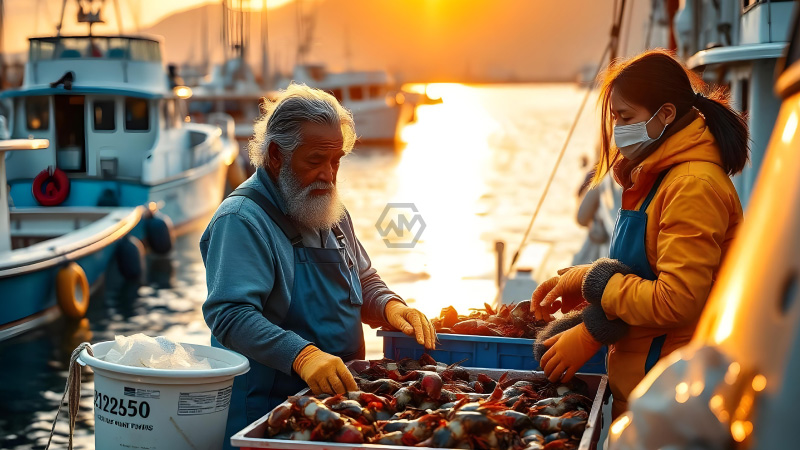- Canada renews interim authorization for four Mi’kmaw First Nations to fish lobster in Nova Scotia.
- U.S. fishers are accused of illegally harvesting lobsters in Canadian waters.
- Fisheries enforcement officers face dangerous working conditions, leading to refusals to patrol.
Canada has renewed an interim authorization allowing the Wasoqopa’q (Acadia), Annapolis Valley, Bear River, and Glooscap First Nations access to lobster fishing areas in Nova Scotia.
However, tensions in Canada’s lobster fisheries have intensified. Reports have surfaced about U.S. fishers illegally placing lobster traps in Canadian waters, which has been occurring since August 2024.
Rising Conflicts and Renewed Rights in Nova Scotia’s Lobster Fisheries
The renewal of fishing rights for four Mi’kmaw First Nations—Wasoqopa’q (Acadia), Annapolis Valley, Bear River, and Glooscap—marks the continuation of a significant agreement between these Indigenous communities and the Canadian government. This authorization, initially established in 2021, permits the First Nations to fish for a moderate livelihood, a practice rooted in their treaty rights. These fishing activities, concentrated in Lobster Fishing Areas 33, 34, and 35, align with the commercial lobster season in Nova Scotia.
Lobster Fishing Areas 33 and 34, where fishing will commence on November 25, and LFA 35, which began its season on October 14, are crucial for the livelihood of the Mi’kmaw First Nations. The agreement allows for 6,300 traps to be set cumulatively in these zones. Despite this progress, the Canadian government faces broader challenges in maintaining order and ensuring fair access for all participants in the lobster fisheries.
Amid the renewal, tensions continue to rise between Canadian and U.S. fishers, as accusations of illegal fishing by U.S. vessels in Canadian waters persist. The DFO has been investigating these claims, with initial reports dating back to August 2024. This situation exacerbates already fragile relations in the region, where resource competition has long been a contentious issue.
Additionally, Canadian fisheries enforcement officers have raised serious concerns about their safety. The Union of Health and Environment Workers has reported multiple incidents where officers have faced harassment, threats, and physical attacks from armed individuals. With the safety of their staff in jeopardy, some officers have refused to continue patrol duties, complicating enforcement efforts in the region.
As Canada renews the lobster fishing rights for Mi’kmaw First Nations, ongoing disputes and safety concerns highlight the complex challenges in managing these critical marine resources. Resolving tensions will be key to ensuring sustainable and equitable access for all parties involved.
“It is encouraging to see the continuity in the renewal of this interim understanding by these four Mi’kmaw First Nations and the department.



